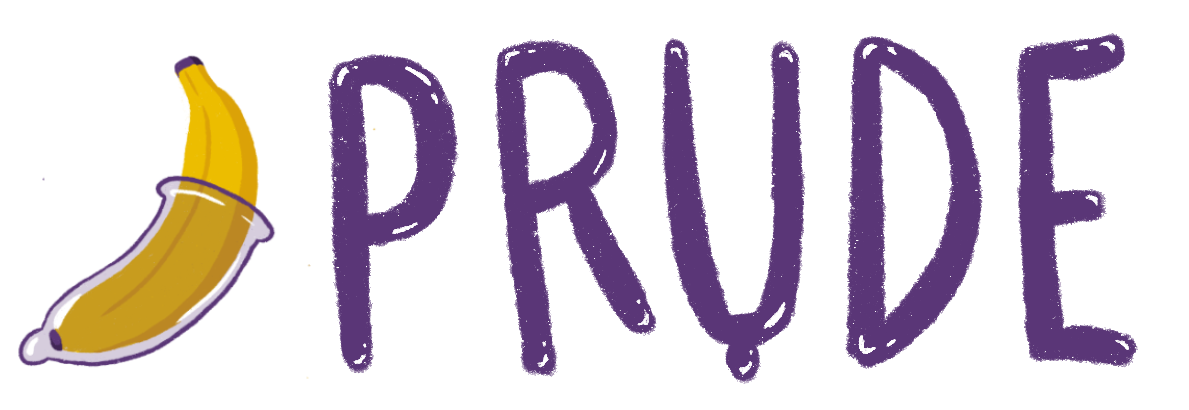Share This Article
“No I’m not,” I snapped. It was a knee-jerk reaction without a thought. A classmate, doing what 14-year-old boys did at my school, said I was gay. Neither of us had much understanding of what that meant.
For us, “gay” meant gross, shameful, and unmanly. It meant all these things because that was what we had been told. “Gay” was an ill-defined insult that was hurled across classrooms on an hourly basis. Teachers, either desensitised or beyond caring, did little to stop it.
Back in 2014 I was lanky, spotty, quiet, bad at football, obsessed with cricket, a bookworm, and a textbook drama kid. Oh, and occasionally I wore a bow tie with “you are SHERlocked” written on it. You would think that would be more than enough targets for the average judgemental teenage bully, but I suppose it was easier to pile these eccentricities together than pick them off one by one, so gay I was.
I knew I wasn’t gay because I was attracted to women, but it wouldn’t occur to me for another six years that I might not be straight either. No one had ever told me there were other options.
I probably was attracted to men, but initially I wouldn’t let myself follow those thoughts because my experiences at school had told me I didn’t want to be gay. A combination of shame, internalised homophobia and wanting to prove playground banter wrong meant I had never acted on any gay feelings.
In my second year of university, I met a woman in the year below on Tinder. We had nothing in common except that we were both single people surrounded by relationships, and we were both a little confused. We were together for about a month.
When we split it was abrupt but cordial, there wasn’t much to end. I had been dating because everyone else was, and I liked the way it felt when I could share stories like they did. I knew something wasn’t working though – we never really clicked sexually. I can remember one evening when, in the middle of sex, I realised my mind was somewhere else entirely, looking at the posters on my walls and wondering if I would get my deposit back for halls. I think that was the moment I decided I was thinking about sex wrong—I needed to try something different.
Having spoken to Michelle, a close friend who was experimenting with her sexuality, I changed my Tinder preferences from women to women and men. It was probably something that had been in the back of my mind for a while, and seeing other people acting quite casually about doing the same made it not a big deal.
“I remember you telling me because you took me into the pantry,” Michelle says.
“You said ‘don’t tell anyone but I think I’m bi.’ I think I screamed. I was surprised that you had actually said it out loud but it made a lot of sense.”
A few weeks after the break-up, I hooked up with a man for the first time. It felt alien and in some way sad. He was from a small village outside Exeter and wasn’t out to anyone. He asked me to check the hallway to my room was clear before coming up in case anyone recognised him.
Despite being slightly alarmed at the cloak-and-dagger arrangements of the gay dating world, it was an eye-opening experience. I was nervous when he arrived and didn’t really know the etiquette. There was a lot less pretence than when I’d dated women – we didn’t have dinner or a drink when he arrived, we went straight to my room and straight to the bed. There was no small talk either. He asked me what I was up for and then we were away. It was a very fun night.
Every time I went out with a man it was great until the date was over. Then I found myself staring at the ceiling asking myself what I’d done. Despite knowing everything I was doing was OK, I couldn’t get rid of the shame I had internalised. I had an idea of how my life would go that didn’t allow for being attracted to men. I was supposed to go to school, then uni, work, get married, have children. It felt at the time like that couldn’t happen if I was with a man.
It helped speaking to friends. No one I shared my sexuality with ever had a problem with it, which was an enormous relief. My housemates were supportive when I needed them to be, but the main thing was that they never treated me like it was a big deal or a taboo subject.
Michelle had a similar experience, saying: “I think one of the things that helped me come out was that I felt safe in my friend group.
“I didn’t fit into the lesbian stereotype so I thought I couldn’t be one. When some of my friends came out and told me it was ok to like men and women, that made so much sense to me. It was my friends coming out as bi that made me realise that was something I could do as well.”
I don’t know if it was down to us or the nature of the gay scene in Exeter, but neither Michelle or I got into anything serious with a same sex partner. We are both now in long-term straight relationships. My girlfriend knows I am bi (I told her on our first date) but it doesn’t come up often. I wondered when we first got together if I would feel nervous or guilty about being attracted to a different gender to her, but as we got closer that seemed to matter a lot less. I haven’t explored my sexuality as much as I thought I would, but it doesn’t bother me.
“I came out just after I got into my first serious relationship with a boy,” Michelle says. “I think having feelings for someone and them liking me back made me feel like I could like anyone and it wouldn’t matter, so I think even in a straight relationship being bi is a big part of me.” This is something I’ve felt as well – having a girlfriend hasn’t made me straight.
I have had a lot of unlearning to do since I changed my Tinder preferences. There has been a lot of internalised shame to lose, and I imagine some of it will nag at me forever. I do feel comfortable with who I am now, and incredibly lucky that everyone around me has been so supportive.
Hopefully, today’s 14-year-olds can be roasted purely for their novelty bow ties, and sexuality can be left well alone.
Enjoyed this article? Read more here: I’m not a prude, I’m asexual



